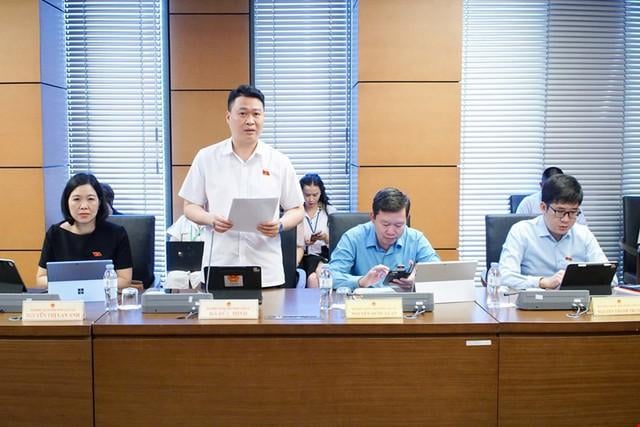
Clarify the limits of civil servants' non-official activities to avoid negativity
The Draft Law on Civil Servants (amended) has received much attention and discussion from National Assembly delegates of Khanh Hoa , Lai Chau and Lao Cai provinces during group discussions.
During the discussion, delegates focused on core issues such as limits on non-official business activities, preferential recruitment mechanisms, complaint procedures for evaluation results, and disciplinary principles, clearly reflecting difficulties from the practice of managing civil servants.
The right of civil servants to sign contracts to perform professional activities and business activities in Article 13 of the draft has received attention.
Delegate Ha Duc Minh (National Assembly Delegation of Lao Cai Province) assessed that the regulation at Point a, Clause 1, allowing civil servants to sign labor contracts or service contracts with other agencies, organizations, and units (if not contrary to the agreement in the labor contract and not prohibited by law), demonstrated the spirit of innovation, expanded professional rights, and encouraged initiative and creativity of the public sector intellectual team.
The delegate emphasized that this regulation is consistent with the requirement of connecting resources between the public and private sectors, contributing to effectively exploiting the capacity and qualifications of civil servants, especially in the fields of science and technology, education , health, and digital transformation.
In practice, many highly capable officials wish to cooperate professionally, teach, research, and consult outside their public service units to increase their legal income and spread knowledge, but there is currently no clear legal mechanism.
However, delegate Ha Duc Minh also pointed out the potential for major problems in implementation. In the draft Law, the phrase "labor contract or service contract" is too broad, which can easily lead to civil servants participating in business and commercial activities, causing conflicts of interest, affecting professional ethics and service quality for the people.
According to delegates, the criterion of "not contrary to the agreement in the employment contract" is a principle, without specific instructions, leading to difficulty in unifying the application.
Not to mention, delegates said that the monitoring, inspection and handling of violations mechanisms are not clear, which could lead to abuse of position for personal gain or use of public assets for private purposes.
From the above shortcomings, delegate Ha Duc Minh suggested that the Drafting Committee study and improve in three important directions.
That is, only allowing officials to sign contracts in professional activities, research, training, consulting, technology transfer, not expanding the field of pure business.
Second, the regulation requires written consent from the head of the public service unit when an official signs an external contract, while management officials must be approved by the competent appointing authority.
At the same time, build a mechanism for declaration, publicity, and supervision of clear handling of responsibilities, ensuring transparency and preventing negativity.
The delegate also requested the drafting agency to review whether the provision in Point a, Clause 1, Article 13 is inconsistent or in conflict with Clause 5, Article 8 (stipulating that civil servants can only sign a work contract with one public service unit and be under the management of that unit).
There must be provisions on contract termination and unilateral termination of contract.
The issue related to contracts and the unification of legal language was requested by Delegate Le Xuan Than (National Assembly Delegation of Khanh Hoa province), especially in Article 21 (Labor contracts and service contracts) and general provisions on contracts.
Agreeing with the review report of the Committee on Law and Justice, delegate Le Xuan Than emphasized that "as a service contract, a labor contract must have provisions on contract termination and unilateral contract termination. That means, in reality, if there is input, there must be output and the output must also be regulated by law."
Delegates said that these are issues related to citizens' rights and the rights of civil servants and public employees, under the authority of the National Assembly and must be regulated by law.
Regarding the subjects signing the contract stipulated in Clause 2, Point a, Article 21, the draft mentions "experts, scientists, experienced and highly qualified people". Delegate Le Xuan Than pointed out the inappropriateness of the phrase "highly qualified" because there are currently no regulations providing specific guidance on this level.
The delegate recommended that the Drafting Committee should take the concept of "talented people" as detailed in Decree 179/2024 of the Government (on policies to attract and promote talented people) and include it in the Law.
In addition, the delegates also proposed to expand the subjects signing contracts according to Clause 2, Point b, Article 21. In addition to priority areas such as science and technology, digital transformation, healthcare, and education, it is necessary to add subjects that the Party has identified through Resolution 26 and Resolution 68, including: managers, business administrators, outstanding businessmen, jurists, lawyers, experts, and leading scientists.
Delegates said that this is to fully attract high-quality people to work in public service units (schools, hospitals, research institutes).
It is necessary to specify preferential policies for recruiting civil servants.
Regarding recruitment, delegates expressed agreement with the preferential policy, but requested specifics to ensure fairness and transparency.
Delegates commented that the preferential recruitment regulations for people with revolutionary contributions, ethnic minorities, officers, professional soldiers and other policy subjects (Clause 5, Article 16) are appropriate, demonstrating the humanity and consistency of the Party and State.
However, the form and level of priority have not been specifically determined (some places consider admission, some places add points, some places consider special conditions), leading to inconsistent application. In addition, the concept of "other policy subjects" is broad and lacks legal basis.
Therefore, to ensure the principles of competition, equality and transparency, some delegates suggested that the Law should stipulate a framework for the application of this preferential policy, or assign the Government to specify details for uniform and fair implementation nationwide.
Supplementing the form of recruitment of civil servants in particularly difficult areas
In addition, in Article 17 (Recruitment methods), delegate Ha Duc Minh recommended that the drafting agency study and supplement the recruitment form for applicants in areas with particularly difficult socio-economic conditions.
The delegate explained that in reality, it is very difficult to recruit in these areas when applying the form of examination, because candidates often register for recruitment in favorable areas. The additional examination is necessary to solve the shortage of medical and educational staff in remote areas.
Also in Article 17, the delegate proposed to clearly define the explanation of the terms in Article 4 for the phrase "people with special talents, abilities, and people with experience" to ensure convenience in implementation.
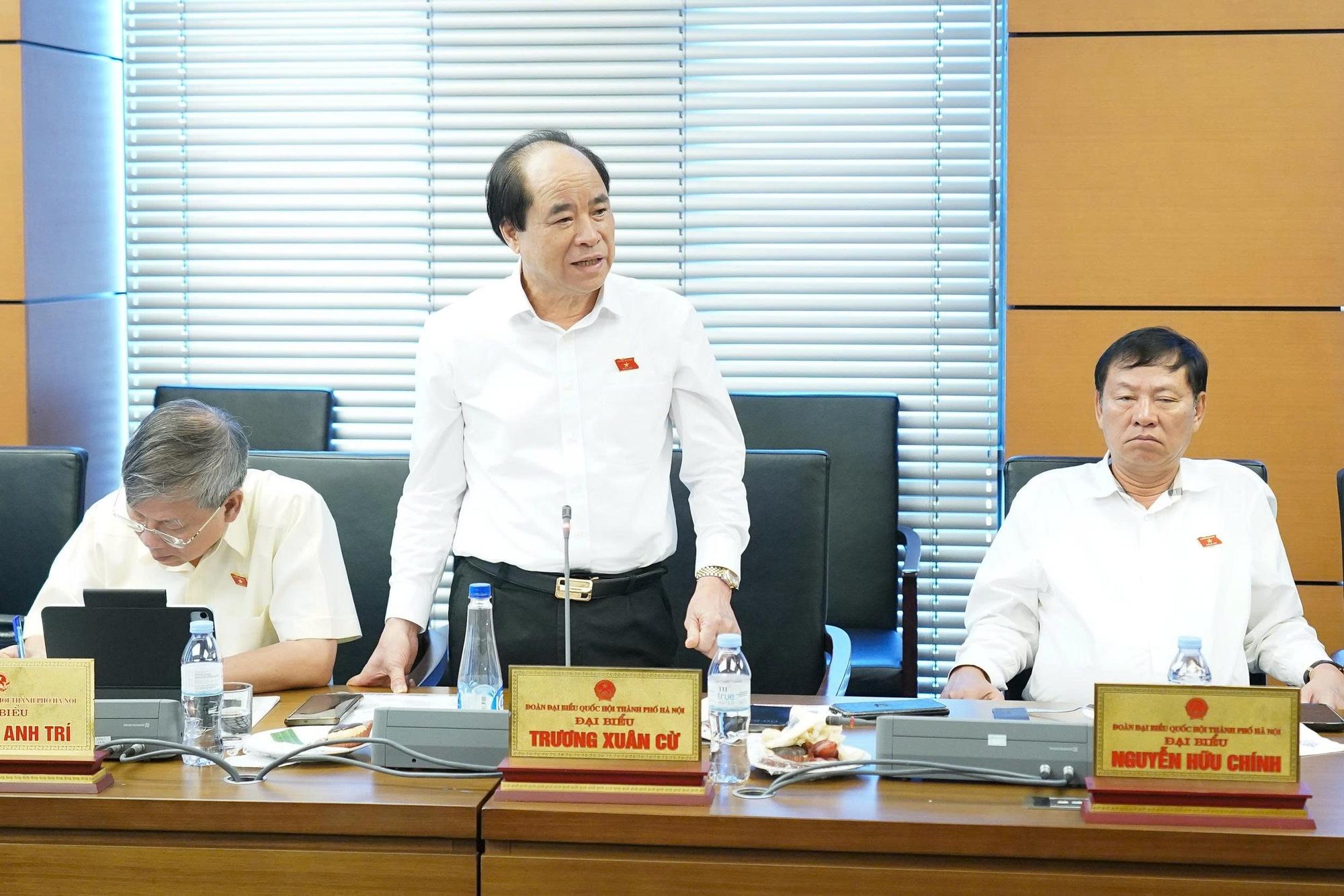
There should be an additional competency test for candidates for civil service recruitment.
Discussing at Group 1 (National Assembly Delegation of Hanoi city), delegate Truong Xuan Cu said that the draft Law still maintains two traditional recruitment forms: examination and selection.
Believing that the form of the exam ensures more fairness, delegates highly appreciated the content on the application of science and technology and digital transformation in the exam.
According to the delegate, this is an important orientation that will help ensure the selection process is more fair, accurate and objective.
Regarding the selection process, delegate Truong Xuan Cu expressed concern that if criteria are set for selection (such as considering excellent graduates, etc.), but if this process is not transparent and only applies the law without further testing, it will be difficult to select people who truly have knowledge, skills and qualifications.
Therefore, the delegate suggested that there should be an additional competency test for the candidates, regardless of whether they are excellent graduates or candidates. The delegate affirmed that this is a necessity to select truly excellent people.
Need flexibility in recruitment policy for ethnic minority civil servants
Pointing out the reality that ethnic minorities have great difficulty in competing with Kinh people in recruitment exams, leading to a decrease in the number of ethnic minority officials and civil servants, delegate Truong Xuan Cu suggested that there should be a flexible recruitment form.
For example, if the civil service structure requires 10 people, of which 5 are ethnic minorities (especially in remote areas), then the recruitment exam will still be held, but it is necessary to set a separate quota for that ethnic minority group and let them compete with each other. This will help ensure the structure is in accordance with the law.
Sharing the same view on the policy of developing the staff in general, including the staff of ethnic minorities, delegate Le Nhat Thanh said that Conclusion 65-KL/TW of the Politburo identified the task of focusing on developing human resources and building the staff of ethnic minorities, including having a special policy of recruiting civil servants and public employees for ethnic minorities or ethnic groups with especially difficult socio-economic conditions.
At the same time, it is necessary to focus on discovering, planning, nurturing, and training high-quality human resources and implementing good policies on recruiting, using, and treating ethnic minority cadres.
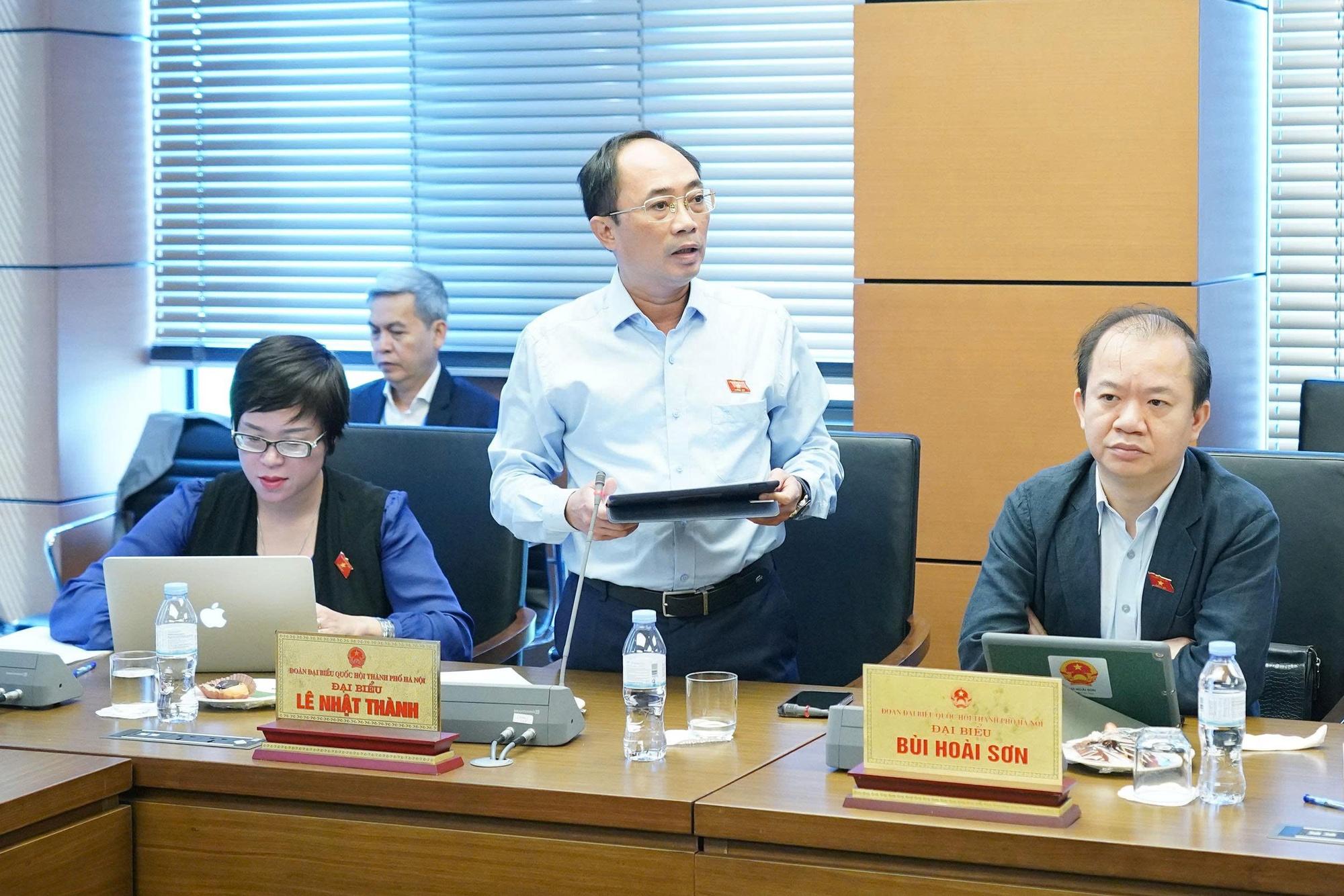
In response to this request, delegate Le Nhat Thanh proposed a number of contents:
Firstly, in Clause 5, Article 3 of the draft law, it is recommended that the Drafting Committee consider having a special priority policy in developing and recruiting civil servants from ethnic minorities;
Second, at Point d, Clause 3, Article 5 of the draft law, in addition to attracting high-quality human resources, there should be specific policies to train and develop high-quality human resources from local people, with priority given to ethnic minorities;
Third, for recruiting civil servants to work in ethnic minority areas, in addition to expertise, it is necessary to add a mechanism requiring candidates to know the language of that ethnic minority, especially in the fields of health and education;
Fourth, in Clause 3, Article 12 of the draft law, it is proposed to conduct additional research so that ethnic minority officials working in areas with particularly difficult socio-economic conditions can enjoy higher priority...
Updated on October 23, 2025
Source: https://laichau.gov.vn/tin-tuc-su-kien/chuyen-de/tin-trong-nuoc/de-nghi-quy-dinh-ci-the-chinh-sach-uu-tien-tuyen-dung-vien-chuc-bo-sung-hinh-thuc-xet-tuyen.html



![[Photo] Prime Minister Pham Minh Chinh chairs meeting on railway projects](https://vphoto.vietnam.vn/thumb/1200x675/vietnam/resource/IMAGE/2025/10/23/1761206277171_dsc-9703-jpg.webp)


![[Photo] President Luong Cuong holds talks with South African President Matamela Cyril Ramaphosa](https://vphoto.vietnam.vn/thumb/1200x675/vietnam/resource/IMAGE/2025/10/23/1761221878741_ndo_br_1-8416-jpg.webp)
![[Photo] Prime Minister Pham Minh Chinh meets with South African President Matamela Cyril Ramaphosa](https://vphoto.vietnam.vn/thumb/1200x675/vietnam/resource/IMAGE/2025/10/23/1761226081024_dsc-9845-jpg.webp)
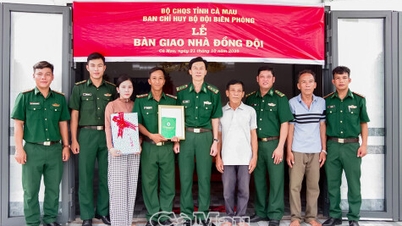

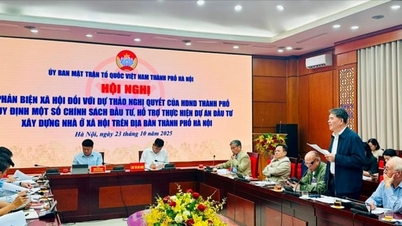

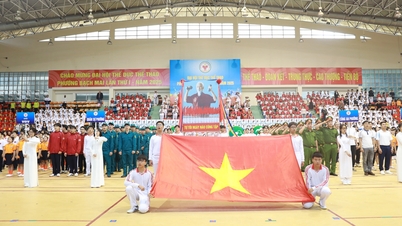
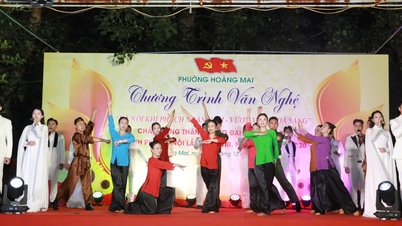
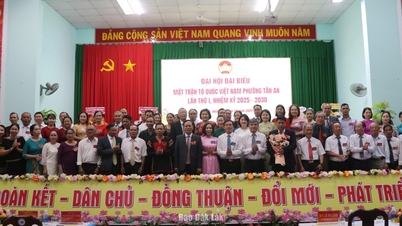

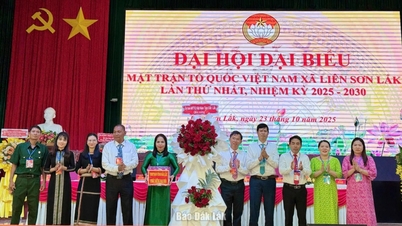





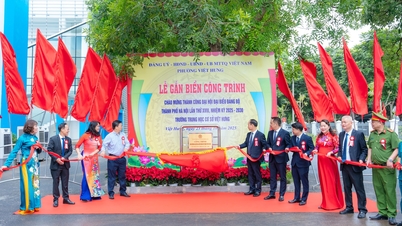

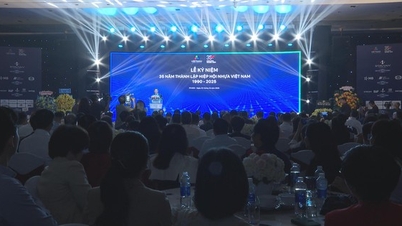

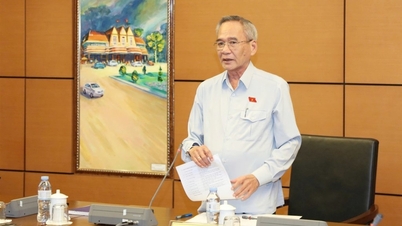


































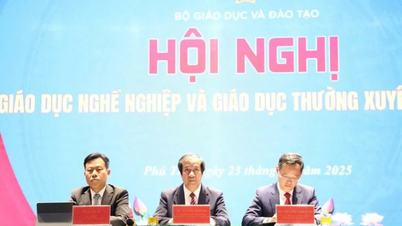

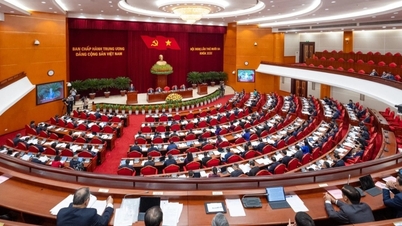

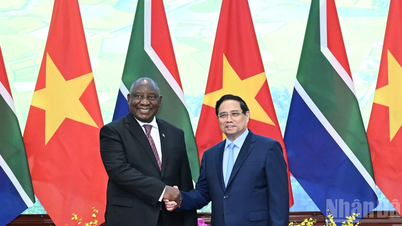
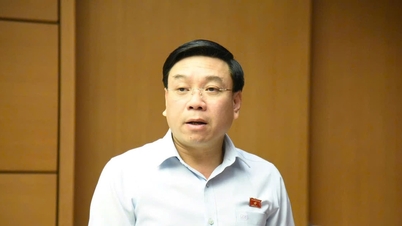






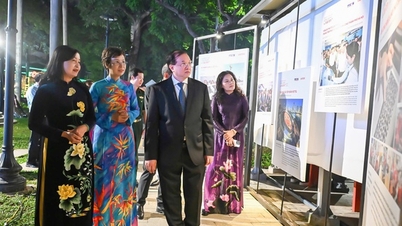



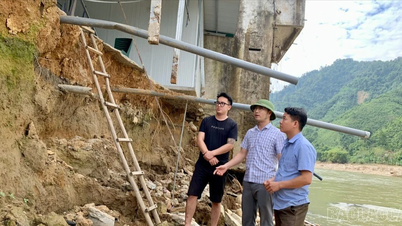





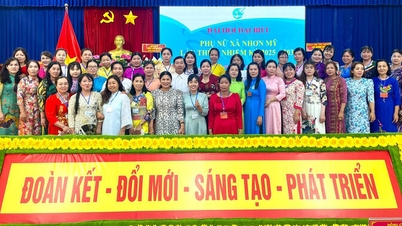

















Comment (0)